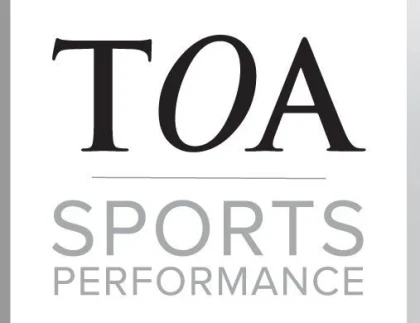Media Center
Heat Exhaustion
It is so important to be acclimated to the heat and well hydrated when you exercise. Heat exhaustion is an illness that can occur with exposure to high temperatures and often leads to dehydration and salt depletion.
When spending time outdoors or training in the heat, pay attention to the heat index and the humidity. It is important to exercise outside during the cooler parts of the day and to wear light-colored, breathable fabrics. Signs of heat exhaustion include:
- Cool, moist skin with goose bumps when in the heat
- Dizziness
- Fainting
- Fatigue
- Headache
- Weak, rapid pulse
- Muscle or abdominal cramps
- Low blood pressure upon standing
- Nausea
- Profuse Sweating
If you experience any of these, go inside and cool down and drink plenty of water. Sometimes immersing in a pool will help. If the symptoms persist or if they seem severe, you should go to the emergency room. I am normally not a big proponent of electrolyte drinks, but at this time of year, I think they can be very helpful if you sweat a lot.
After you've recovered from heat exhaustion, you'll likely be more sensitive to high temperatures during the following week. So it's best to avoid hot weather and heavy exercise until your doctor tells you that it's safe to resume your normal activities.

Michael R. Jordan, M.D. sees patients at the TOA Murfreesboro location.








